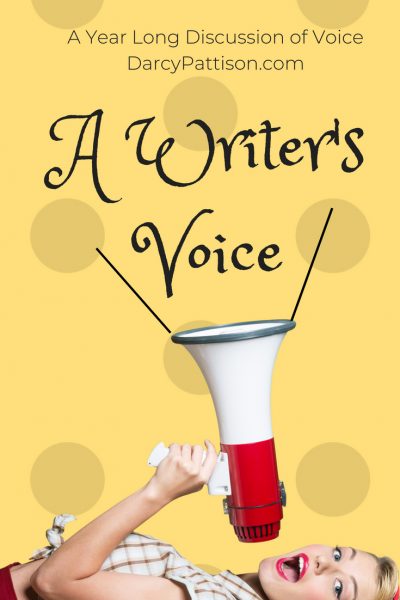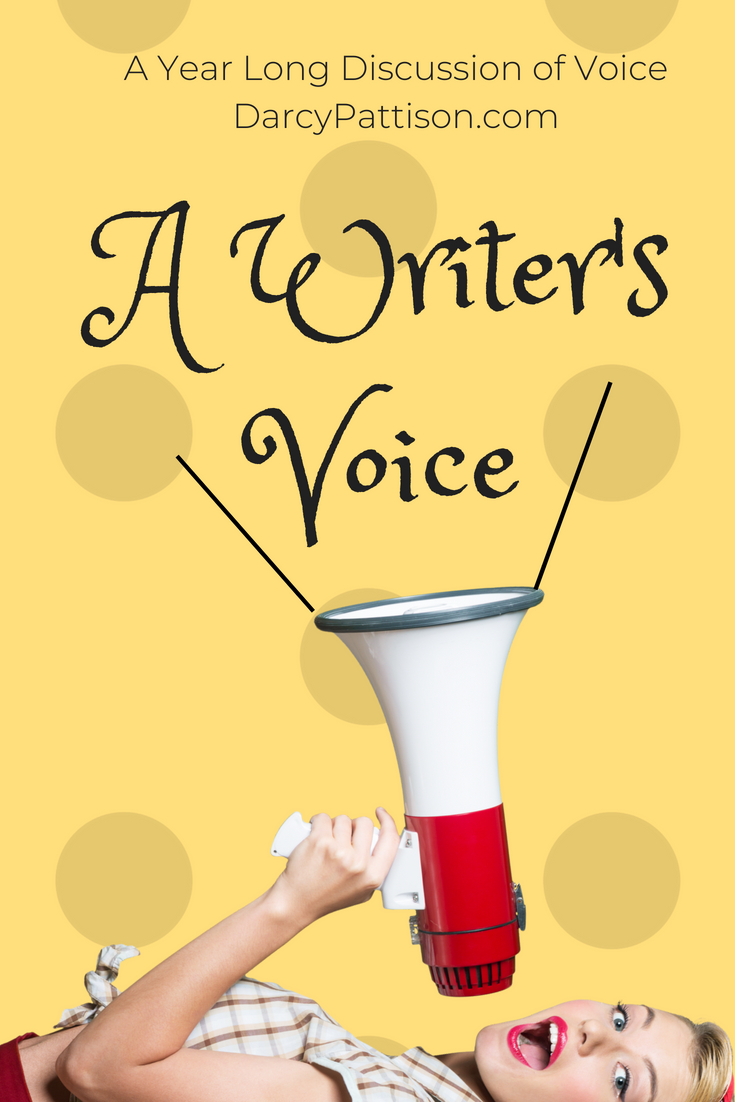WHAT IS VOICE?
Voice is —
- – Voice is a way of telling that can “make events reverberate. (Thaisa Frank and Dorothy Wall, Finding Your Writer’s Voice)
- Voice is the key element in fiction, the one which, in effect, contains and shapes all the other.
- Voice is elements of the story. (Johnny Payne, Voice and Style)
- Voice is the effect of style. (Dona Hickey, Developing a Written Voice)
- Voice is the magical heard quality in writing. Voice is what allows the reader’s eyes to move
over the silent print and hear the writer speaking. . . Voice is the music in language.
(Donald M. Murray, The Craft of Revision) - To ‘find’ voice, find the hidden story. (Frank & Wall)
- The longer you stay a writer, the more voices you find in your own voice and the more voices
you find in the world. (Allan Gurganus, quoted in Murray, The Craft of Revision) - Each work of fiction has its own distinctive voice and the challenge for the writer – at times a
challenge that evokes intense anxiety – is to discover and to refine the voice that is unique to that
work. (Joyce Carol Oates, A Study of Short Fiction) - “The first line sets the tone, the melody. If I hear the tone, the melody, then I have the book.” (Elie Wiesel, Against Silence: The voice and vision of Elie Wiesel)
A Year of Voice
For the next year or so, I’ll be studying voice. Each week, I’ll write about what I’m learning about voice and how to control the voice of your writing. I taught a retreat this spring on the topic and I want to explore it further. This won’t be a theoretical discussion; instead, I want to be practical. What can a writer do to affect voice?
Why tackle this question? A friend once got a rejection on a story with an editorial letter that said something to this effect: The story is great, but the voice just isn’t there. And you can’t edit for voice. You can’t teach it. It’s either the right voice or not.
I was astounded. As a writing teacher, I definitely think writing can be taught, including voice. I’ve hesitated to write and teach about this for a long time, though, because it’s such a nebulous concept. But this is the year. How can we consciously change the voice of a piece of writing? Let’s find out.
How do you define voice? What makes the voice of a piece stand out and how do you create the right voice for your story? Let’s talk.




I”d follow your voice anywhere. I love reading it, but even more I love that it helps to dig deeper into mine. Thanks!
I read somewhere that voice was the author’s personality on the page. So while the tone and style might change from story to story, the voice would stay the same – it’s what makes all stories of an author recognizably theirs. Since the characters’ voices ought to be distinct, too, I guess that voice can be hard to detect sometimes, but since all characters are parts of the author, there sh0uld be some common quality to them, right?
If voice is the author’s stamp of personality, I don’t think it can be taught, per se – we all have already a personality. But I guess what can be taught is to make it clearer and not hide it under blandness or the imitation of other authors’s voices.
This is the problem – no terminology to discuss voice. All we can say is “I read somewhere.”
You can and should control the voice of your writing. Everything you do WILL come out in your voice because you will make decisions as you write as to vocabulary, sentence structure, tone, etc. YOU decide. That’s what makes it your voice.
What I’m saying is that we need to make conscious choices about voice. We do that by learning what choices are available. I worry about my choices, and trust that the overall cumulative effect of my choices will equal voice.
Darcy